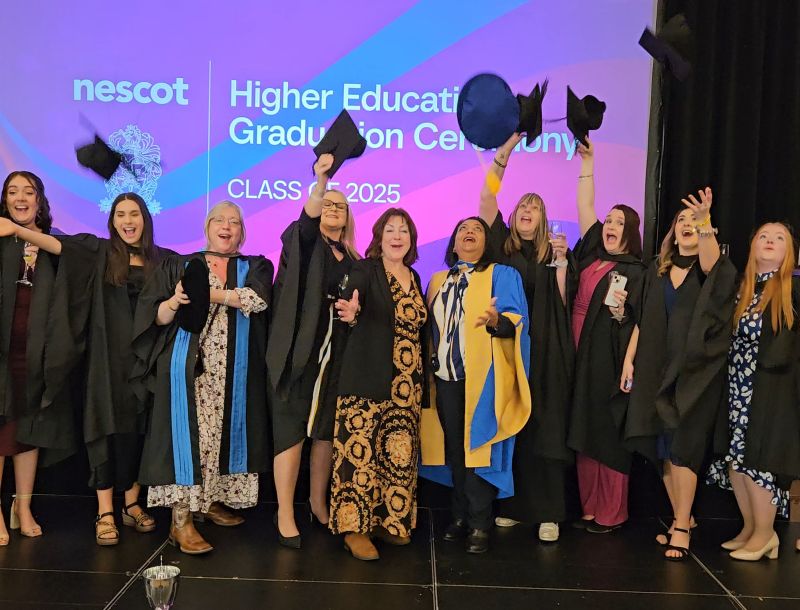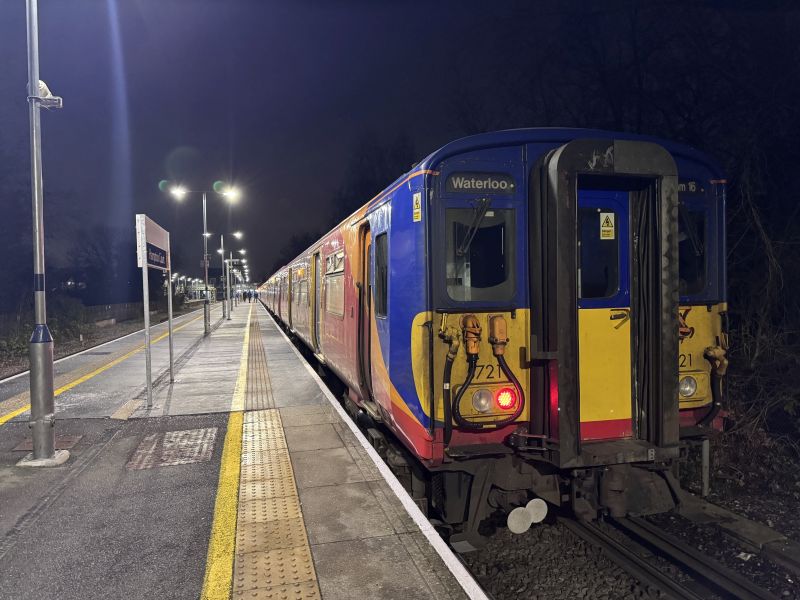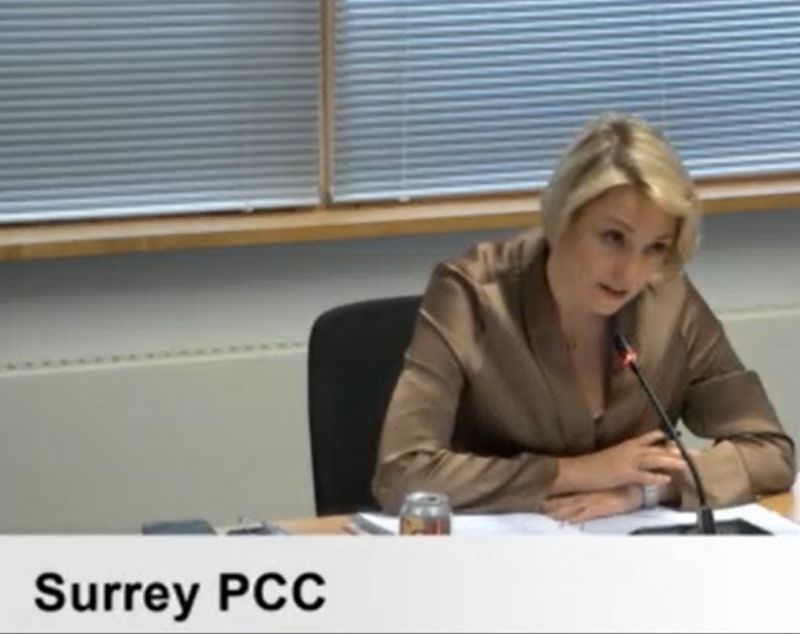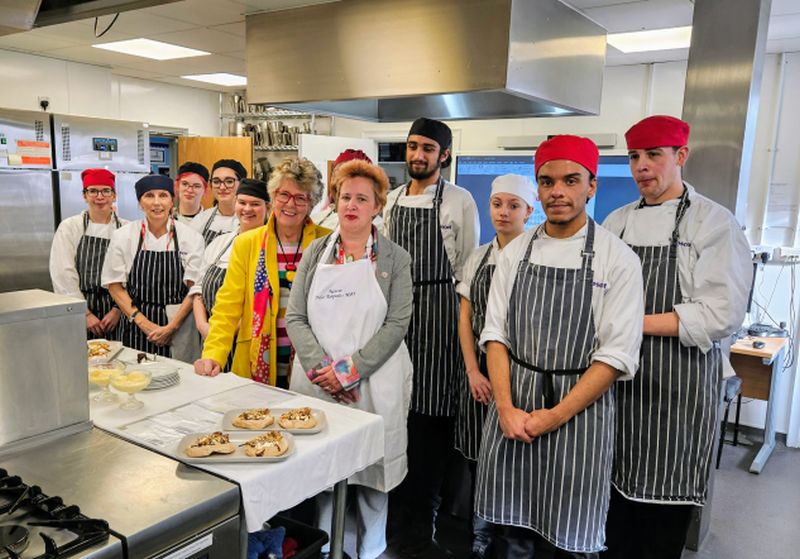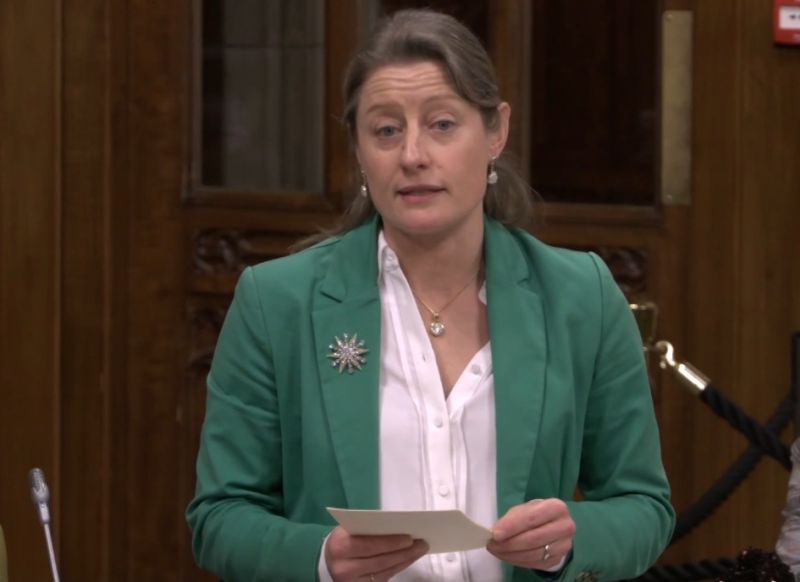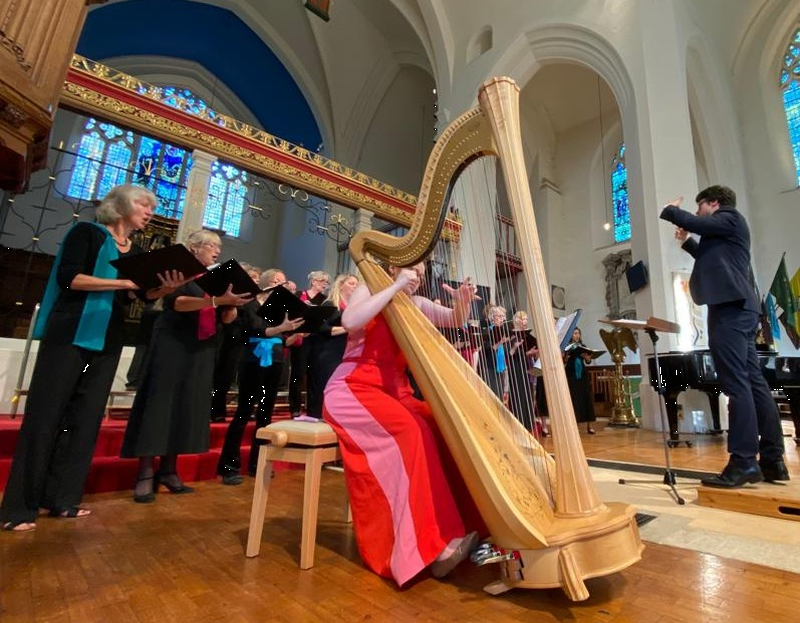Biggins departs for good conduct
This was Mark Biggins’ last concert in charge of Epsom Chamber Choir. He may return some day as a guest. The conductor Chamber Choir have shared with English National Opera moves on to take a post with the Grand Théâtre de Genève, a bit too distant to combine.
Auditions for a replacement happen this autumn. Conductors leave their impression on this choir. For two decades Michael Stevenson worked on refinement and blend such that you needed to be very close to pick out individual voices from the ensemble. His successor, Piers Maxim, liked to entrust choir members with solo spots instead of hiring outside soloists. Mark Biggins has brought an added experience of the opera house, so the timbre has gained energy and exuberance, especially among higher voices, that would do justice to a larger venue even than St Martin’s Church, Epsom.
All these influences were on show in Saturday’s concert (24th June at St Martins Church, Epsom). The ensemble retains its refinement, between singers well used to listening to each other. The big and difficult tenor solo in the choral dances from Britten’s Gloriana was skilfully handled by Dominic Morris. Neil Thomas took the baritone spotlight in the folksong arrangement The Lark in the Clear Air. The Britten choral dances, from Gloriana, were straight out of the opera house, with fast tempi and committed dynamic variations creating an aural spectacle.
There were over a dozen separate items, showcasing an eclectic range of repertoire, mostly on a theme of summer but with one bizarre Christmas piece apparently left over from an earlier programme, Jonathan Dove’s Wellcome All Wonders. Covid may have cancelled the date when it should have been sung but the choir were not to be denied the chance of demonstrating their prowess tuning its complicated discords.
The audience got invited to sing a refrain in the title number, the mediaeval tune Sumer is Icumen In. A cuckoo has been known to visit Epsom Common. If you encounter it and were at this concert, you know now how to address it.
Instead of more Britten, Flower Songs were furnished by Eric Whitacre. His trademark use of dissonance is more velvety and luxuriant. I have heard it compared to chocolate cake. The choir tuned all the clusters confidently and allowed their audience to wallow in the rich sonority.
Steve Ridge played for the one jazzier piece, by Bob Chilcott, that needed a piano. The other accompanied items employed a harp, more exotic and less percussive and played by Mared Pugh-
Evans. She was kept busy, in the Britten dances, in a mystical upper-voices song Summer by Gustav Holst and in two euphonous folk-song arrangements by John Bawden. He was singing tenor with Chamber Choir last time I heard these settings but has now gravitated to bass. He composes with a calm facility combined with a lifelong immersion in choral idiom. Hearing these songs was as refreshing as being handed a long, cool drink.
Mared Pugh-Evans switched from subtle accompaniment with hints of ancient bucolic tradition to virtuoso display for her solo item, Rhapsodie, by Marcel Grandjany. Composed by a harpist, it let her demonstrate a vast range of impossibly rapid ripples and resonant chords, sometimes at the same time, while always giving the impression that this is what harpists do for fun.
Epsom clarinettist Zoë Humphries joined her for the Victorian Kitchen Garden Suite by Paul Reade, a piece chosen to entertain rather than dazzle. They played with appealing, never forced tone, passing the tunes from one to the other and radiating serenity around the building as the evening started to cool. We heard a Monteverdi madrigal and two joyful, sparkling partsongs by Fanny Hensel.
Then Mark Biggins’ valedictory item, a nod to his past studies in America, was Stephen Paulus’ The Road Home, which was encored affectingly.
Nigel Williams
Related reports:









